British Airways to remove most single-use plastics from its aircraft during 2020
Links on Head for Points may support the site by paying a commission. See here for all partner links.
British Airways made a major announcement yesterday on the removal of single use plastics from its aircraft.
The airline has committed to trying to remove 700 tonnes annually of single-use plastics from its aircraft by the end of 2020.
To put this into context, we are talking about more than 250,000,000 individual items of plastic.
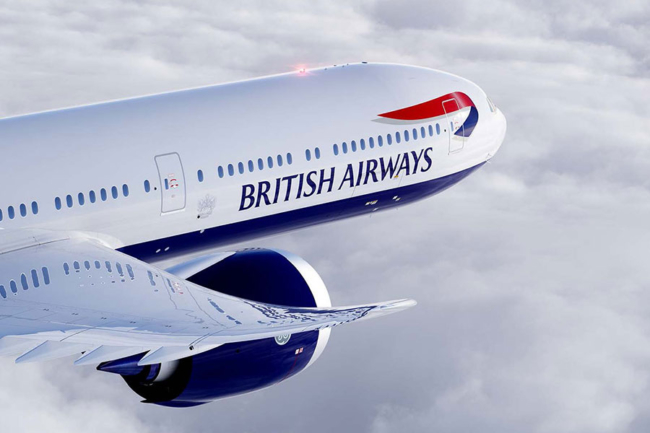
The airline has already removed 25 million items of single use plastics from its fleet, but this new commitment is a substantial step up.
Here are some of the changes that are coming or already in place:
- Swapped plastic stirrers with bamboo alternatives
- Reduced plastic packaging on Club World amenity kits
- Swapped plastic wrapping for all bedding and blankets for paper wrapping (currently being rolled out across all cabins)
- Removed plastic wrapping on headsets and instead placed these inside paper charity envelopes in World Traveller cabins
- Water bottles on board are made from 50% recycled plastic
- Removed inflight retail plastic bags
The target also includes finding alternatives to single-use plastic cutlery, tumblers, cups, toothpicks and butter packaging on board. The airline described the process of making these changes as complex, as the alternatives must be credibly sustainable, offer the same hygiene levels as their plastic counterparts and do not outweigh the items they replace.
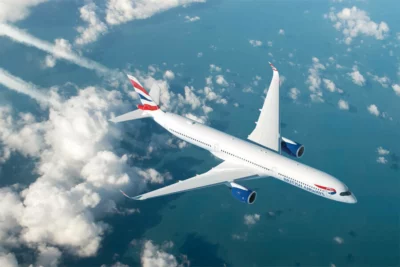
Sustainability is, of course, increasingly important.
On Tuesday I spoke at a conference of senior Virgin Atlantic managers, and one of the areas I touched on was sustainable amenity kits. Is it about time, for example, that passengers were given empty amenity kit bags and allowed to take only the items they actually want from a trolley that passes through the plane?
It also came up last October when I spoke at a Flybe staff event. I was on stage discussing loyalty with Flybe’s loyalty head, and one of the questions from the floor was about whether the planned scheme should be abandoned because it can, indirectly, lead to additional flying. The genie is well and truly out of the bottle.
Sustainability isn’t easy, however, and airline passengers are unlikely to fully understand what is involved. This is especially true with rules over waste and customs, which determine whether – for example – bottles of wine must be poured down the sink before landing or whether waste can be unloaded locally.
Even the logic of sustainability can be confusing. You might think, for example, that recycling paper is good. However, paper recycling is very energy intensive and, in the UK, much of our electricity is from gas fired power stations.
If you throw your newspaper in the bin, the new paper which needs to be produced is made in Scandinavia, using trees from sustainable forests and using clean electricity which is generated from hydro electric dams. Which route is better? (See the comments below for discussion on the methane caused by decomposing paper, however.)
British Airways is doing what it can, of course, and the airline is also in the middle of extensive fleet changes which will dramatically improve the average fuel burn of its aircraft. These new initiatives are an important part of that process.
PS. If you are not a regular Head for Points visitor, why not sign up for our FREE weekly or daily newsletters? They are full of the latest Avios, airline, hotel and credit card points news and will help you travel better. To join our 70,000 free subscribers, click the button below or visit this page of the site to find out more. Thank you.
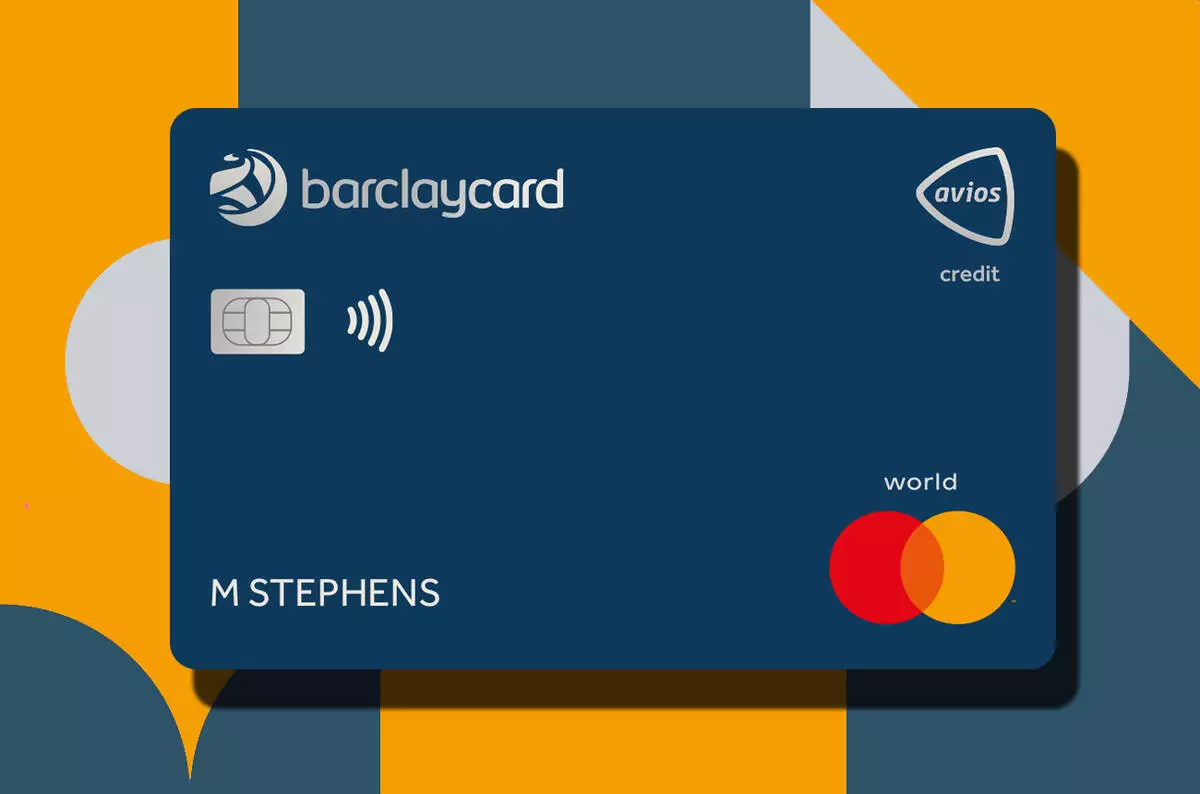
How to earn Avios from UK credit cards (July 2025)
As a reminder, there are various ways of earning Avios points from UK credit cards. Many cards also have generous sign-up bonuses!
In February 2022, Barclaycard launched two exciting new Barclaycard Avios Mastercard cards with a bonus of up to 25,000 Avios. You can apply here.
You qualify for the bonus on these cards even if you have a British Airways American Express card:

Barclaycard Avios Plus Mastercard
Get 25,000 Avios for signing up and an upgrade voucher at £10,000 Read our full review

Barclaycard Avios Mastercard
Get 5,000 Avios for signing up and an upgrade voucher at £20,000 Read our full review
There are two official British Airways American Express cards with attractive sign-up bonuses:

British Airways American Express Premium Plus Card
30,000 Avios and the famous annual Companion Voucher voucher Read our full review
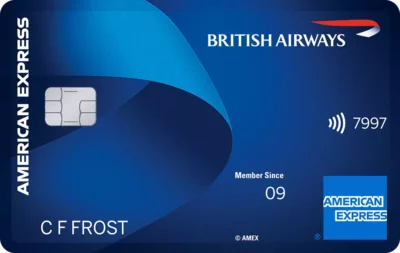
British Airways American Express Credit Card
5,000 Avios for signing up and an Economy 2-4-1 voucher for spending £15,000 Read our full review
You can also get generous sign-up bonuses by applying for American Express cards which earn Membership Rewards points. These points convert at 1:1 into Avios.

American Express Preferred Rewards Gold Credit Card
Your best beginner’s card – 20,000 points, FREE for a year & four airport lounge passes Read our full review

The Platinum Card from American Express
50,000 bonus points and great travel benefits – for a large fee Read our full review
Run your own business?
We recommend Capital on Tap for limited companies. You earn points worth 0.8 Avios per £1 on the FREE standard card and 1 Avios per £1 on the Pro card. Capital on Tap cards also have no FX fees.

Capital on Tap Visa
NO annual fee, NO FX fees and points worth 0.8 Avios per £1 Read our full review

Capital on Tap Pro Visa
10,500 points (=10,500 Avios) plus good benefits Read our full review
There is also a British Airways American Express card for small businesses:
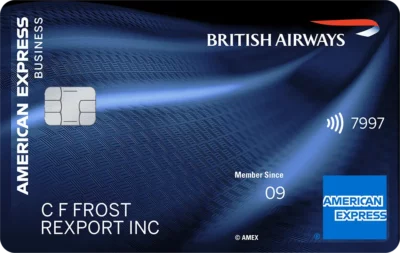
British Airways American Express Accelerating Business Card
30,000 Avios sign-up bonus – plus annual bonuses of up to 30,000 Avios Read our full review
There are also generous bonuses on the two American Express Business cards, with the points converting at 1:1 into Avios. These cards are open to sole traders as well as limited companies.

The American Express Business Platinum Card
50,000 points when you sign-up and an annual £200 Amex Travel credit Read our full review

The American Express Business Gold Card
20,000 points sign-up bonus and FREE for a year Read our full review
Click here to read our detailed summary of all UK credit cards which earn Avios. This includes both personal and small business cards.



 Rob
Rob 





Comments (95)